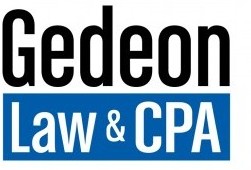So you operate your business as an S corporation. Like many business owners, you probably use your personal car to conduct business for the corporation. Say you make regular sales calls and drive a total of 30,000 miles a year. The car is registered in your own name, not the S corp’s name, but you have the S corp pay the gas, insurance premium, monthly payments and other expenses related to the car.
Are you better off paying the expenses personally and then having the S corporation reimburse you or should you continue having the S corp pay the expenses?
Not surprisingly, we regularly get this question from our S Corp clients. We always advise our clients to keep this one rule in mind: your S corporation is a separate legal entity from you.
What this means is that the corporation may not pay your personal expenses and you personally may not pay the corporation’s expenses. To this extent, the payments made by the corporation for your personally owned car should be classified a loan to you.
From there, your S corp is going to reimburse you for the business-vehicle expenses under one of two methods:
- it can reimburse you at the IRS standard mileage rate, currently 55.5 cents a mile; or
- it can reimburse you for actual expenses, including depreciation.
Regardless of the reimbursement method, you need to submit proof of the business mileage to your S corp. Your S corp will then use the mileage to calculate the reimbursement, either on a mileage basis or on a percentage-of-business-use actual expense basis.
If the reimbursement is made for actual expenses, you will have to submit to your corporation proof of actual expenses, in addition to a mileage log, so that the corporation has a basis for its reimbursement.
Generally, you should personally pay all vehicle expenses on your personally titled cars. Then, have the S corporation reimburse you using either the mileage rate or actual expenses (including depreciation and section 179 expensing) methods discussed above.



